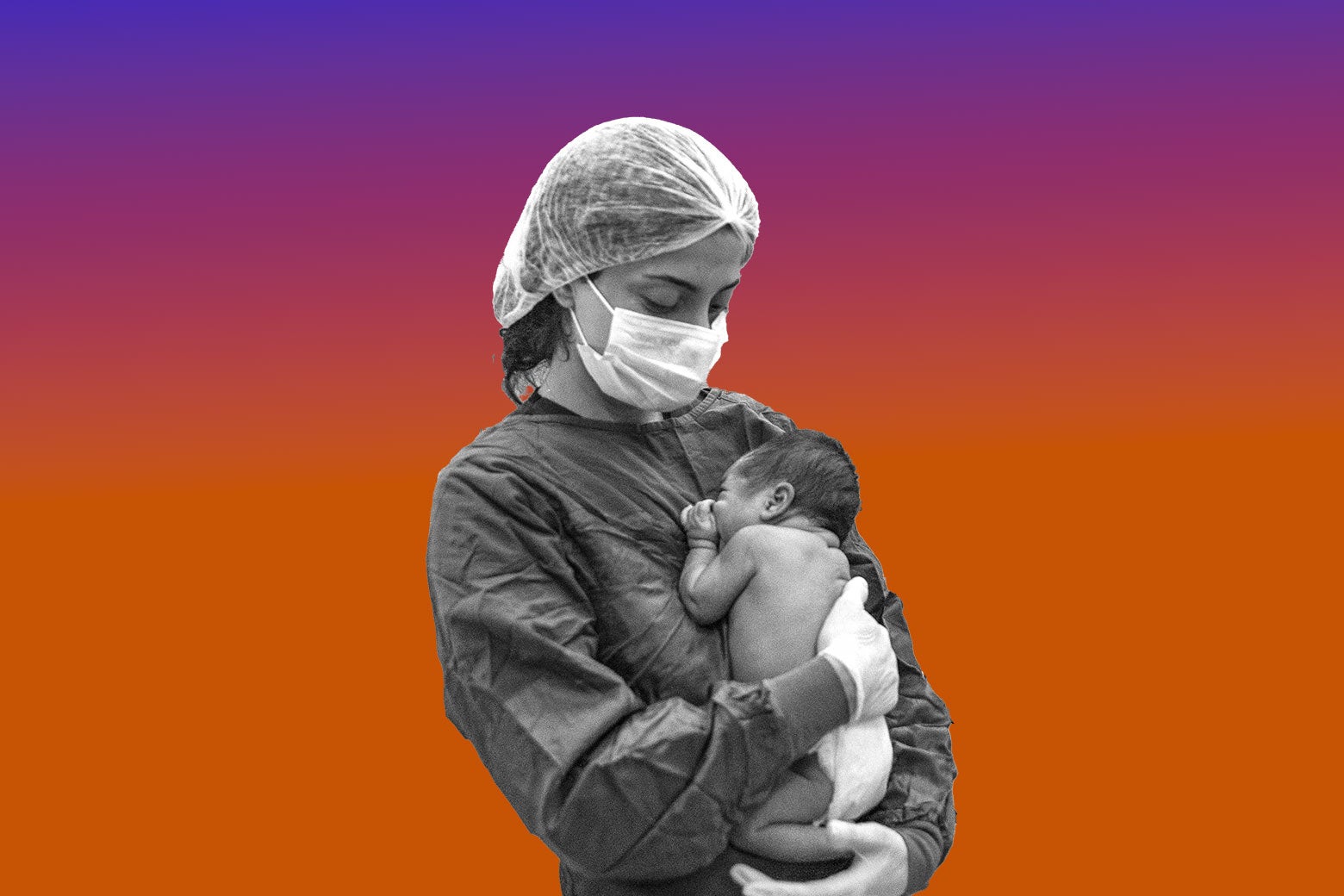The Controversial Debate: Should New Mothers Be Drug Tested at Hospitals?
Hospitals across the U.S. are increasingly considering mandatory drug testing for new mothers amid rising concerns about substance abuse and infant health. While proponents argue it safeguards newborns, critics decry it as an invasive practice that disproportionately targets vulnerable women. The ethical, legal, and medical implications of this policy have sparked heated debates among healthcare providers, lawmakers, and advocacy groups.
Rising Substance Abuse and Maternal Health Concerns
The opioid epidemic and increasing marijuana legalization have heightened scrutiny on maternal substance use. According to the CDC, approximately 7% of pregnant women reported using illicit drugs in 2022, with opioids and methamphetamines posing severe risks to fetal development. Hospitals in states like Tennessee and Alabama already implement universal drug testing for mothers, citing infant protection as a priority.
Dr. Laura Simmons, a neonatologist at Johns Hopkins Hospital, supports targeted testing: “When substance use endangers a child, hospitals have a duty to intervene. Early detection can connect mothers with treatment and reduce neonatal abstinence syndrome (NAS) cases.” NAS, a withdrawal condition affecting drug-exposed infants, has surged by 400% since 2000, per the National Institute on Drug Abuse.
Privacy Violations and Racial Disparities
Opponents argue that non-consensual drug testing violates patient autonomy and exacerbates racial bias. A 2021 JAMA Pediatrics study found that Black mothers were 1.5 times more likely to be tested than white mothers, despite similar usage rates. Civil rights groups warn such policies deter women from seeking prenatal care.
Sarah Chen, a reproductive justice advocate, emphasizes: “Mandatory testing criminalizes addiction instead of treating it. Low-income women—already wary of CPS involvement—may avoid hospitals altogether, risking unattended births.” In some states, positive tests have led to child removals or criminal charges under “fetal harm” laws.
Legal and Ethical Gray Areas
The absence of federal guidelines has created a patchwork of state policies. While some hospitals require consent, others test mothers based on “suspicion,” such as erratic behavior or prior drug history. Legal experts note that without standardized protocols, hospitals risk lawsuits over Fourth Amendment violations.
- Pros: Protects infants, identifies at-risk mothers, reduces NAS cases
- Cons: Discourages prenatal care, perpetuates bias, lacks uniform standards
Alternative Approaches and Future Steps
Some advocates propose universal screening paired with voluntary treatment programs. Rhode Island’s “Moms MATTER” initiative, which offers counseling without punitive measures, reduced opioid-related complications by 60%. Policymakers are also exploring Medicaid expansions to cover addiction services for pregnant women.
As the debate continues, hospitals must balance infant safety with ethical care. “The goal shouldn’t be punishment,” says Dr. Simmons. “It’s about creating trust so mothers get the help they need.”
Conclusion: A Call for Balanced Solutions
The drug testing debate underscores broader challenges in maternal healthcare. While protecting newborns is critical, policies must address systemic inequities and prioritize rehabilitation over stigma. Readers can advocate for evidence-based reforms by contacting local representatives or supporting organizations like the March of Dimes.
See more WebMD Network



